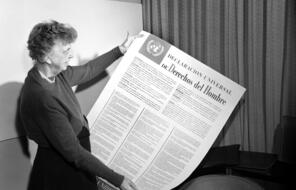829 Results
Human & Civil Rights
Standing Up to Hatred and Intolerance
Address today's global challenges with lesson plans focused on current events including the refugee crisis and contemporary antisemitism.

Vies volées: Les Peuples Autochtones au Canada et le régime des pensionnats
Explorez nos ressources en ligne sur les pensionnats autochtones et leurs effets à long terme sur les Peuples Autochtones au Canada.
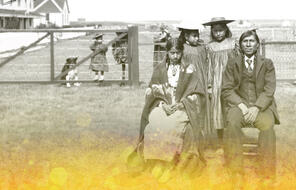
Memphis 1968
Lessons and resources help you explore the sanitation workers’ strike and other events that brought Dr. King to Memphis in the spring of 1968. This lesson is part of our partnership with the National Civil Rights Museum's MLK50 initiative.
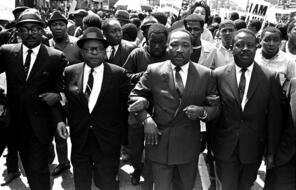
The Reconstruction Era 3-Week Unit
Teach a 3-week study of the Reconstruction era guided by the essential question "What can we learn from the history of Reconstruction as we work to strengthen democracy today?"
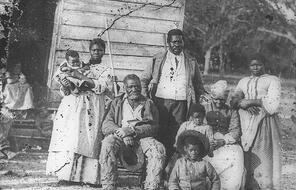
Stolen Lives: The Indigenous Peoples of Canada and the Indian Residential Schools
Explore our online resource on the Indian Residential Schools and their long-lasting effects on Canada’s Indigenous Peoples.

Americans and the Holocaust: The Refugee Crisis
Explore the motives, pressures, and fears that shaped Americans’ responses to Nazism and the humanitarian refugee crisis it provoked during the 1930s and 1940s.

Teaching the Holocaust and Armenian Genocide: For California Educators
Designed for California 10th grade world history courses, this unit guides students through a study of the Holocaust and the Armenian Genocide that focuses on choices and human behavior.

The Reconstruction Era and the Fragility of Democracy
Use this rich collection of Reconstruction era primary sources, videos, and a 3-week unit to engage your students in this pivotal period in US history and its legacies today.
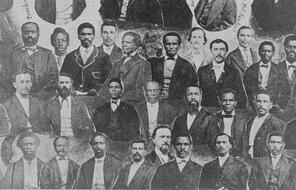
The Reconstruction Era Primary Sources
Enrich your teaching on the Reconstruction era with these primary source documents and images.
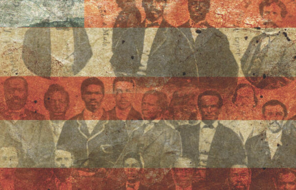
Teaching An Inspector Calls
Use this unit to transform how you teach J.B. Priestley's play and support your students in becoming effective writers, critical thinkers, and socially responsible citizens, who excel in their GCSEs.

Teaching Holocaust and Human Behaviour (UK)
Lead your students through a detailed and challenging study of the Holocaust that asks what this history can teach us about the power and impact of choices.


